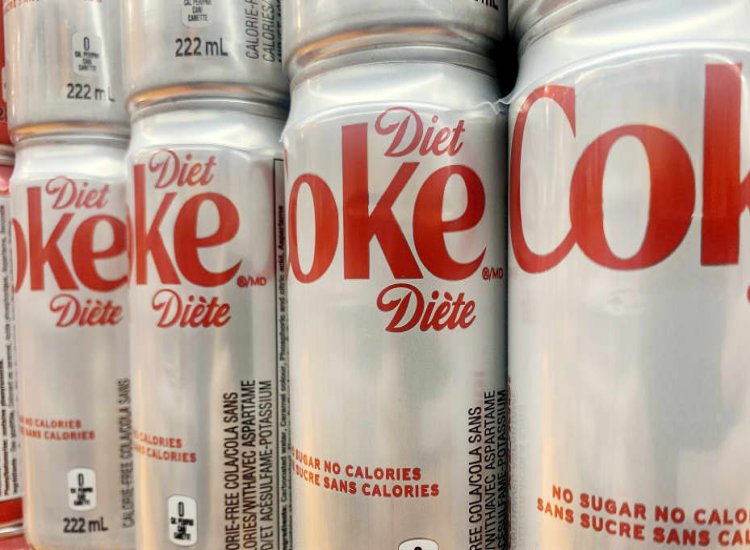

The sweetener aspartame is “possible carcinogen” but is now safe to consume in agreed amounts, two groups affiliated with the World Health Organization (WHO) have announced.
The rulings are the result of two separate panels of WHO experts, one assessing whether a substance has any evidence of a potential hazard, and the other evaluating what the substance’s actual risk is.
Aspartame is one of the most popular sweeteners in the world, used in many products, from Coca-Cola diet soda to Mars Xtra chewing gum, reports RTE.
At a press conference preceding the announcement, WHO’s chief nutrition officer, Francesco Branca, suggested that consumers’ weight-loss drink of choice should be aspartame or sweeteners.
“If consumers are faced with the decision of whether to take cola with sweeteners or one with sugar, I think there should be a third option considered which is to drink water instead,” Mr Branca said, reports RTE.
In its first announcement of the supplement, the International Agency for Research on Cancer (IARC), based in Lyon, France, said aspartame was “possibly carcinogen.”
This classification means that there is limited evidence that the substance can cause cancer.
After conducting its own extensive review, JECFA concluded that there was no convincing evidence of aspartame being harmful and recommended that people keep their aspartame intake below 40mg per day.
The WHO says current consumption levels mean, for example, that a 60-70 kg person would need to drink more than 9-14 cans of soda a day to exceed the limit, based on the average content of aspartame in beverages, ten times more than most people consume.
“Our results do not indicate that occasional consumption could pose a risk to most consumers,” Mr Branca said, reports RTE.
“In our view, this is really more a call to the research community to try to better clarify and understand the carcinogenic hazard that may or may not be posed by aspartame consumption,” said Mary Schubauer-Berigan, acting head of the IARC Monographs programme, reports RTE.
“Group 2B is a very conservative classification in that almost any evidence of carcinogenicity, however flawed, will put a chemical in that category or above,” said Paul Pharaoh, a cancer epidemiology professor at Cedars Sinai Medical Center in Los Angeles, reports RTE.
“Aspartame, like all low/no calorie sweeteners, when used as part of a balanced diet, provides consumers with choice to reduce sugar intake, a critical public health objective,” said Frances Hunt-Wood, secretary general of the Brussels-based International Sweeteners Association, reports RTE.
Tell us your thoughts in the Facebook post and share this with your friends.


